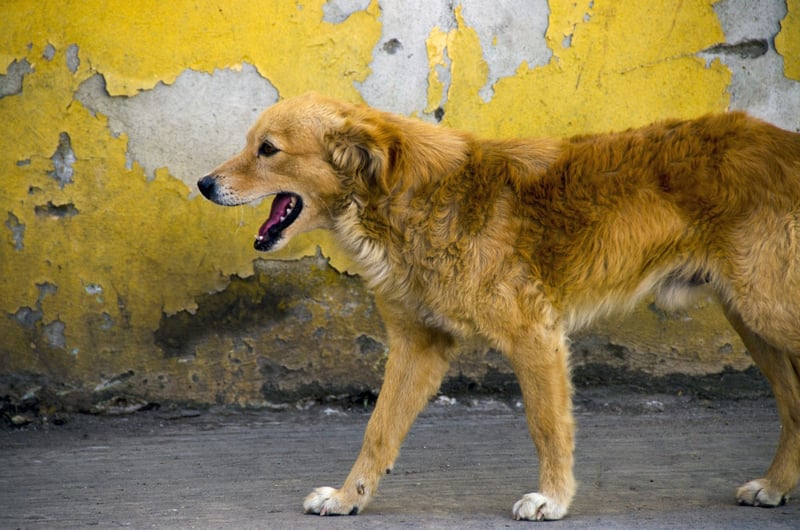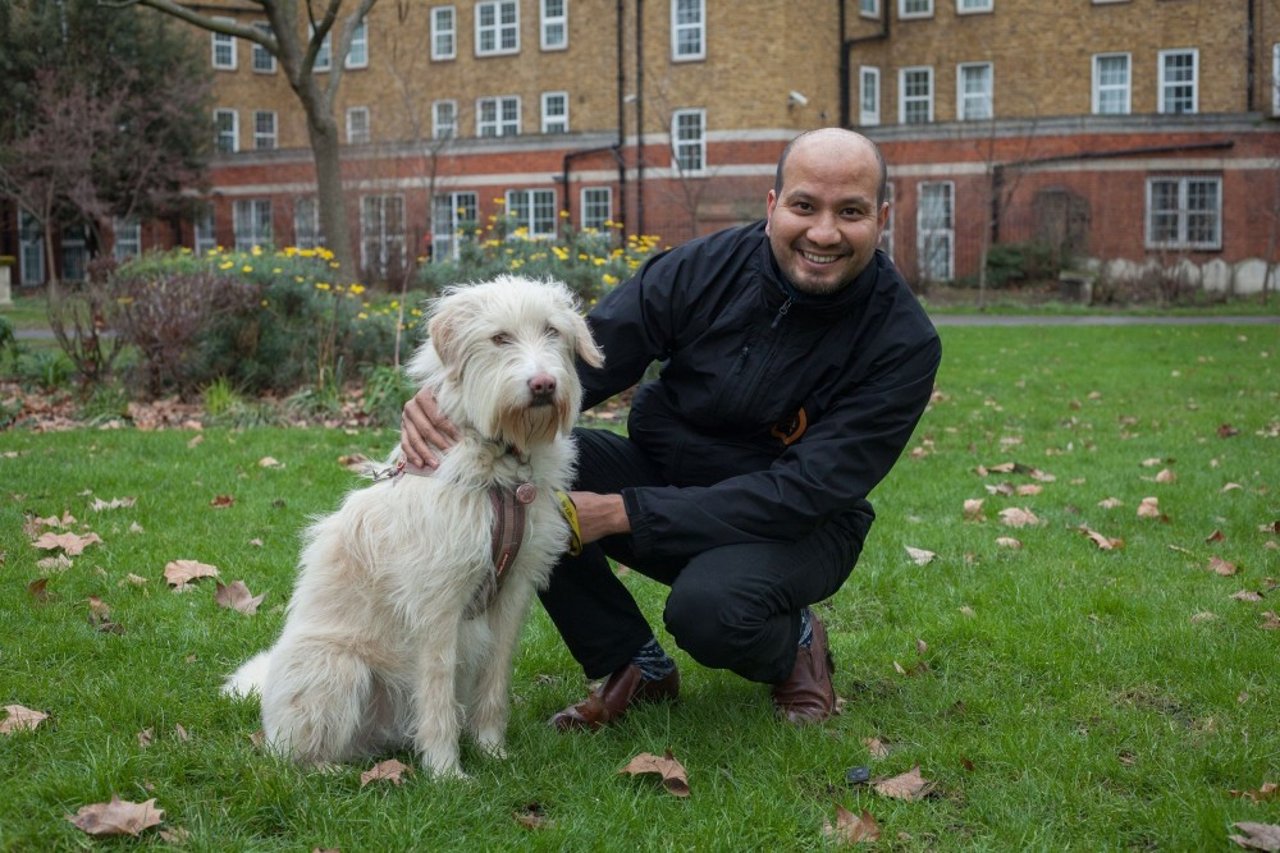
Our work vaccinating dogs with the Mexican government was instrumental in ending human rabies in the country. Learn why this approach is the best way to protect people and dogs
A world first
In September 2019 Mexico became the first country to be validated by the World Health Organisation (WHO) for eliminating rabies in humans that has been transmitted by dogs.
This important achievement in Mexico is the result of national and government cooperation and recognition of the ‘one-health approach’. This means that human and animal health are intrinsically linked, and in the case of rabies, it is not possible to protect people without protecting dogs first and foremost.
Approximately 10 million dogs are cruelly culled every year because of fear of rabies. Dog culling is incorrectly viewed as a quick fix by governments, but often it makes matters worse.
The poorest people in the poorest communities around the world continue to fall victim to rabies even though the solutions, vaccination and humane dog population control, are readily available and proven.
How we supported the Mexican government to eliminate rabies
In 2000, we began working with the National Mexican Zoonoses Deputy Directorate to design a dog rabies control strategy which focused on welfare, not ineffective culling.
This was piloted in Puebla, the fourth largest state in Mexico, with a population of more than six million people and more than 203 human deaths from canine rabies within a 40 year period. The lack of infrastructure, technical understanding and knowledge of the full-scale of the rabies problem needed to be addressed if there was any hope of eliminating this deadly disease.
Our holistic canine-rabies control programme made dogs the focal point of the solution, with:
- free mass dog vaccination,
- free surgical neutering for pets,
- responsible pet ownership training and awareness programmes in communities,
- dog adoption instead of ineffective mass culling.
This was so successful that, by 2010, human rabies had decreased by 100 in Puebla and canine rabies had decreased by more than 89%.
Making global progress for dogs
We are incredibly proud that our work with Mexico led to such a landmark achievement, and we are continuing to work with key stakeholders around the world to eliminate rabies in dogs and humans by 2030.
This year alone, we
- co-organised, as a member of International Companion Animal Management Coalition (ICAM), the only global conference exclusively on dog population management with 185 delegates from 38 countries,
- helped draft the Animal Health Strategy with the African Union, meaning all 54 member countries are required to have a rabies elimination strategy that includes humane dog population management by 2025, protecting 100 million dogs,
- launched the first ever Animal Friendly City prize in Brazil and Latin America, celebrating cities that have implemented the most inspiring and effective humane dog population management programmes,
- partnered with Beijing Animal Disease Control (BADC) to publish children’s book in China, educating children and teachers about responsible pet ownership.
Blogger and programme director for animals in communities, Pankaj KC, in London.
Thriving together
I grew up in Kathmandu, Nepal, where free-roaming dogs are part of the family and the heart and soul of any community. Dogs are our friends, allies, protectors and life is better with dogs – this is a universal truth. And yet, dogs are too often seen as the enemy. Fear, lack of political will and the obligation to treat people rather than eliminate rabies has meant that there is either a lack of investment and resources or what is available is channelled to the least effective option.
That is why success stories like Mexico are so important. People are beginning to see that dogs hold the solution to rabies, that the lives of dogs have value, and that the welfare of people is linked to the welfare of animals.
If we treat animals as sentient beings who deserve to be treated with care and respect, then together we will thrive.
Thank you for your support. Without you we would not be able to protect dogs and communities from rabies and from fear.
